Then fled, O brethren, the wicked juba
and wandered wandered far
from curfew joys in the Dismal’s night.
Fool of St. Elmo’s fire
In scary night I wandered, praying,
Lord god my harshener,
speak to me now or let me die;
speak, Lord, to this mourner.
And came at length to livid trees
where Ibo warriors
hung shadowless, turning in wind
that moaned like Africa,
Their belltongue bodies dead, their eyes
alive with the anger deep
in my own heart. Is this the sign,
the sign forepromised me?
The spirits vanished. Afraid and lonely
I wandered on in blackness.
Speak to me now or let me die.
Die, whispered the blackness.
And wild things gasped and scuffled in
the night; seething shapes
of evil frolicked upon the air.
I reeled with fear, I prayed.
Sudden brightness clove the preying
darkness, brightness that was
itself a golden darkness, brightness
so bright that it was darkness.
And there were angels, their faces hidden
from me, angels at war
with one another, angels in dazzling
combat. And oh the splendor,
The fearful splendor of that warring.
Hide me, I cried to rock and bramble.
Hide me, the rock, the bramble cried. . . .
How tell you of that holy battle?
The shock of wing on wing and sword
on sword was the tumult of
a taken city burning. I cannot
say how long they strove,
For the wheel in a turning wheel which is time
in eternity had ceased
its whirling, and owl and moccasin,
panther and nameless beast
And I were held like creatures fixed
in flaming, in fiery amber.
But I saw I saw oh many of
those mighty beings waver,
Waver and fall, go streaking down
into swamp water, and the water
hissed and steamed and bubbled and locked
shuddering shuddering over
The fallen and soon was motionless.
Then that massive light
began a-folding slowly in
upon itself, and I
Beheld the conqueror faces and, lo,
they were like mine, I saw
they were like mine and in joy and terror
wept, praising praising Jehovah.
Oh praised my honer, harshener
till a sleep came over me,
a sleep heavy as death. And when
I awoke at last free
And purified, I rose and prayed
and returned after a time
to the blazing fields, to the humbleness.
And bided my time.
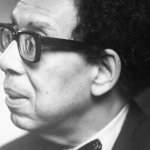
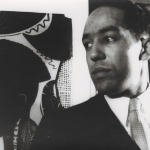



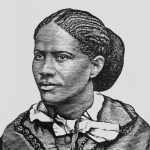

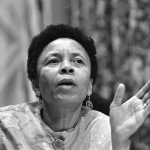




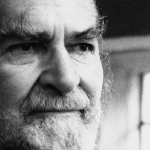


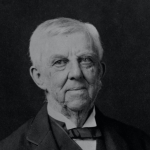
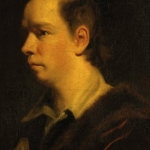
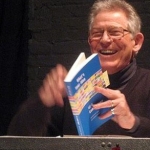
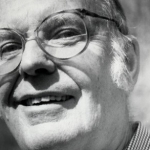
Comment form: